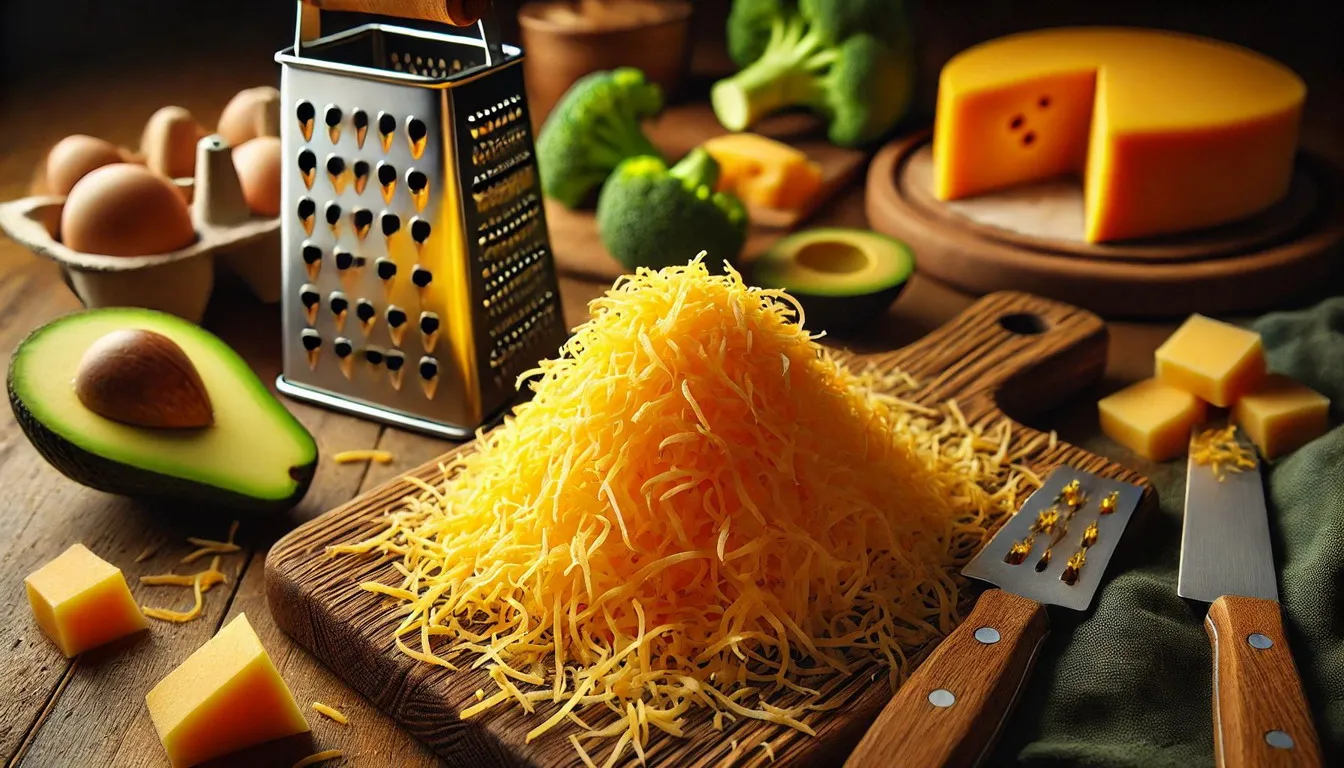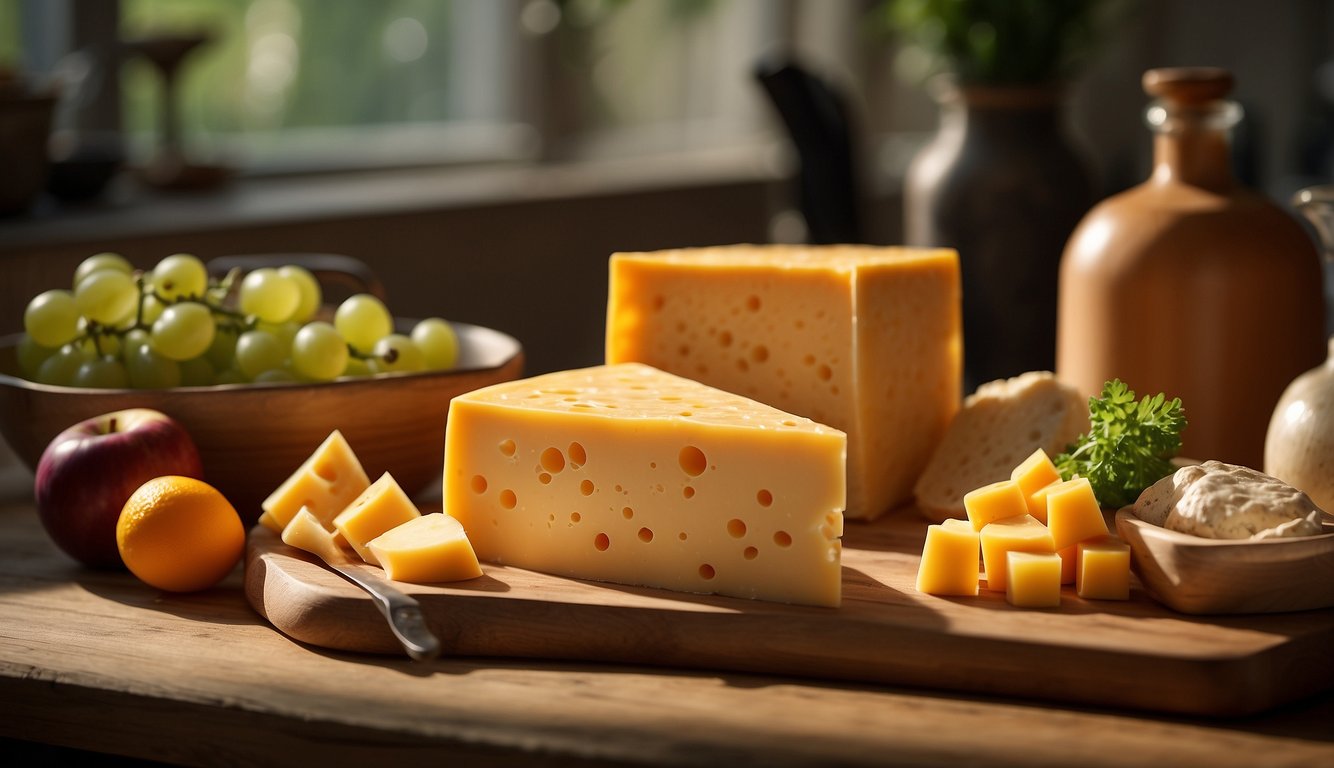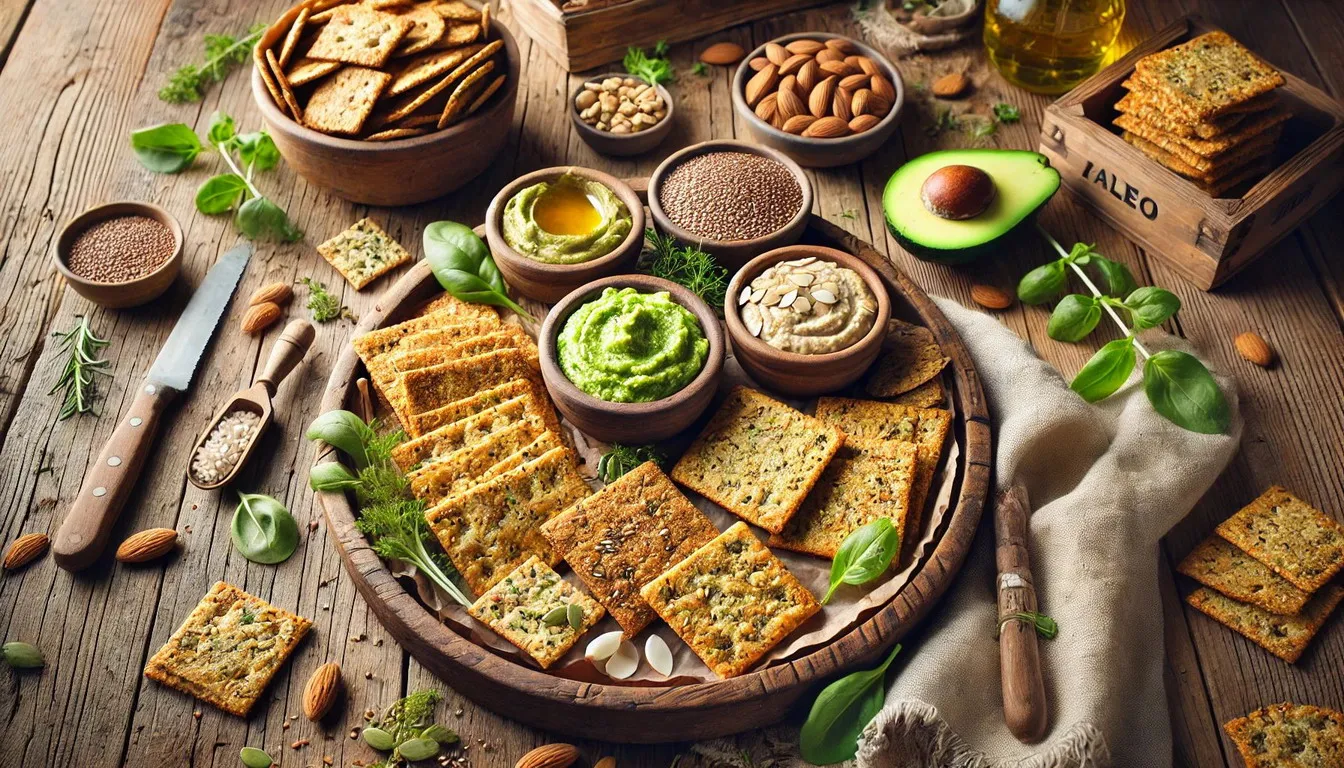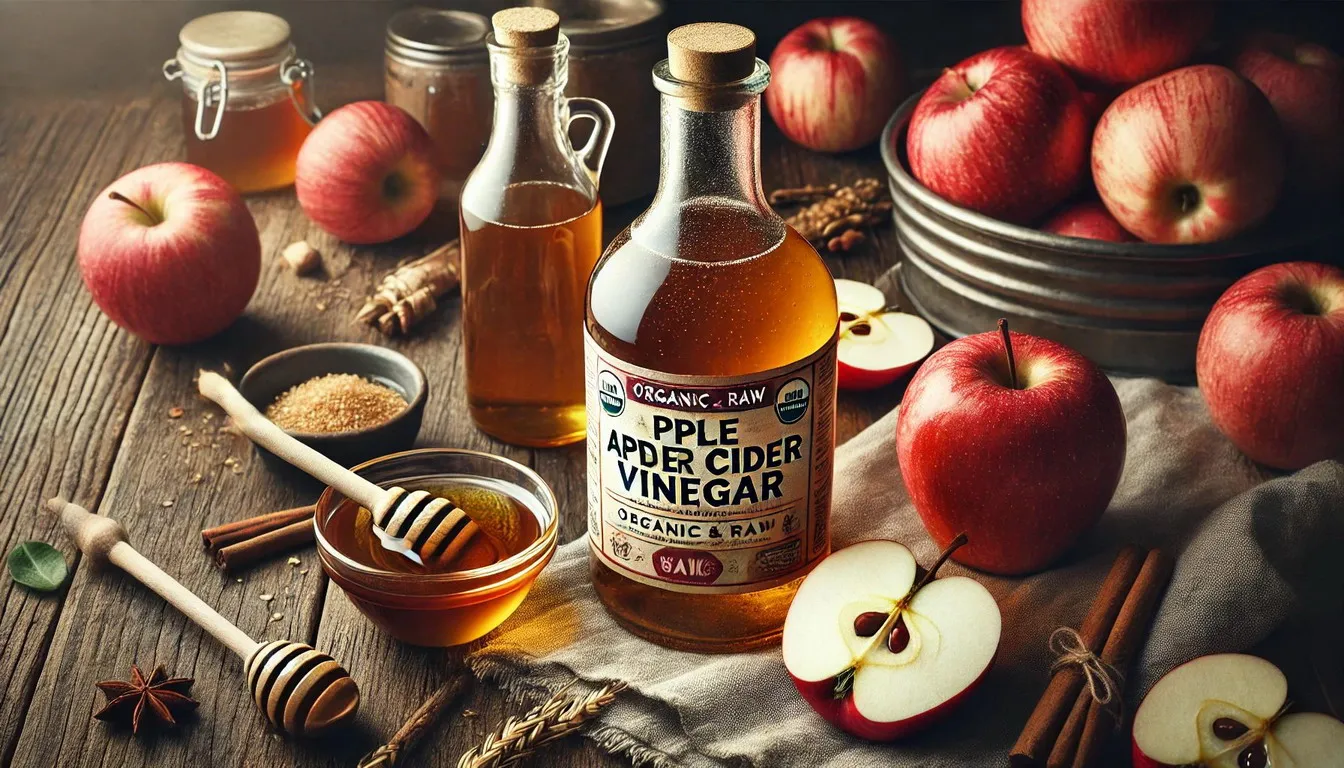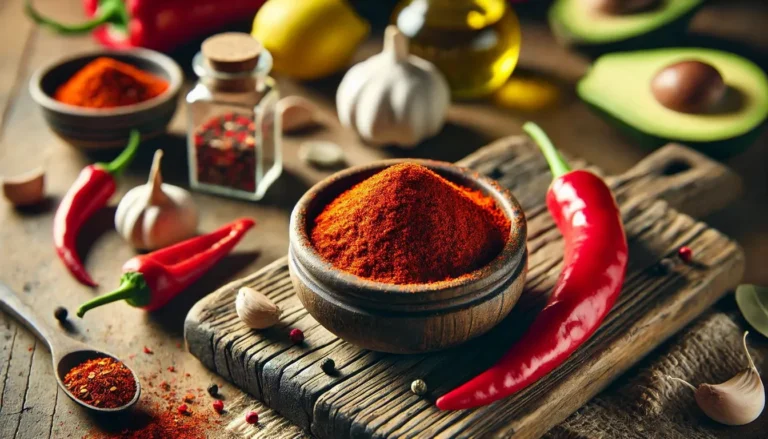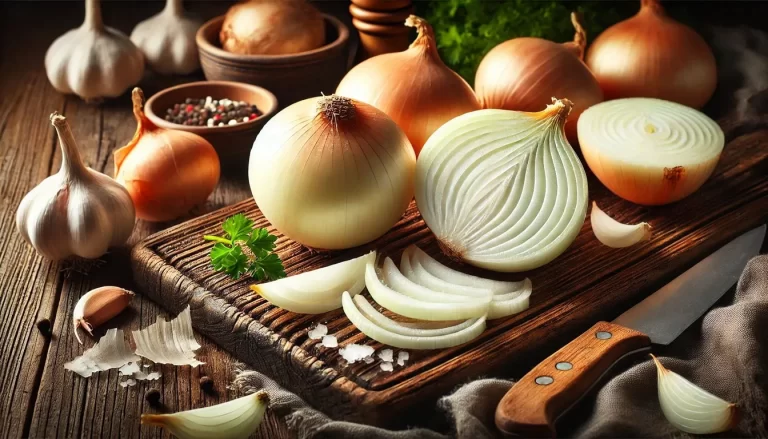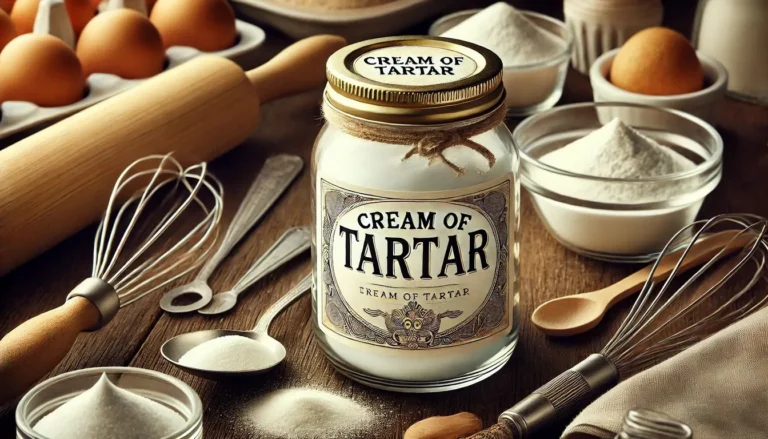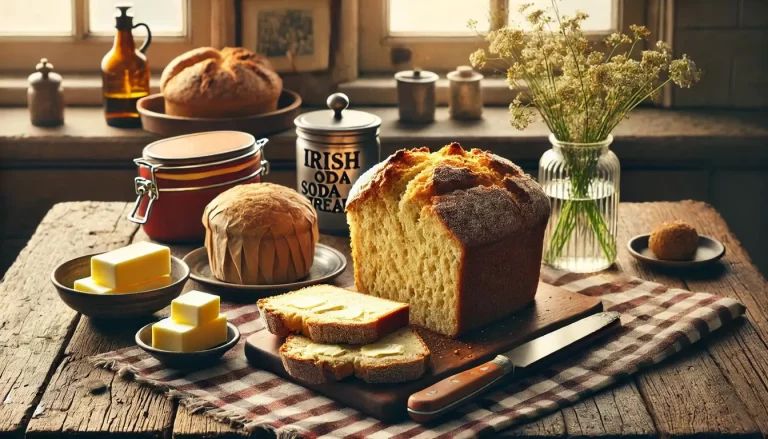The Paleo diet, inspired by the dietary habits of our Paleolithic ancestors, emphasizes whole, unprocessed foods. While it champions fruits, vegetables, nuts, seeds, and lean meats, it typically shuns dairy products. This brings us to an interesting question: Is grated sharp cheddar cheese Paleo? Let’s explore this topic in depth.
What is the Paleo Diet?
The Paleo diet, often referred to as the caveman diet, is built on the premise of eating like our prehistoric ancestors. This means consuming foods that were available before the advent of agriculture and modern food processing. Key components of the Paleo diet include:
- Meats and Fish: Grass-fed, pasture-raised, and wild-caught are preferred.
- Fruits and Vegetables: All types, with an emphasis on non-starchy vegetables.
- Nuts and Seeds: In moderation, due to their high fat content.
- Healthy Fats: Such as olive oil, coconut oil, and avocado.
Foods typically excluded from the Paleo diet are:
- Processed Foods: Anything that comes in a package and contains additives or preservatives.
- Grains: Including wheat, rice, and oats.
- Legumes: Such as beans, lentils, and peanuts.
- Dairy Products: Milk, cheese, yogurt, and butter.
- Refined Sugars: Including table sugar and high-fructose corn syrup.
Understanding Sharp Cheddar Cheese
Sharp cheddar cheese is a popular variety of cheese known for its distinct, tangy flavor. It gets its sharpness from the aging process, which typically ranges from 6 months to several years. The longer the cheese ages, the sharper the flavor becomes.
Nutritionally, sharp cheddar cheese is rich in:
- Protein: Essential for muscle repair and growth.
- Calcium: Important for bone health.
- Fat: Provides a concentrated source of energy.
- Vitamin A and B12: Crucial for vision and energy metabolism, respectively.
Dairy and the Paleo Diet
Dairy products are a contentious topic within the Paleo community. The original Paleo diet, as conceptualized by Dr. Loren Cordain, excludes dairy due to the following reasons:
- Lactose Intolerance: Many people, particularly those of non-European descent, are lactose intolerant.
- Casein Sensitivity: Some individuals have sensitivities to casein, a protein found in milk.
- Insulin Response: Dairy can provoke an insulin response, which some believe is contrary to Paleo principles.
However, some modern adaptations of the Paleo diet allow for limited dairy, particularly from grass-fed sources, which are believed to be more nutrient-dense and easier to digest.
Is Sharp Cheddar Cheese Paleo?
Whether sharp cheddar cheese is Paleo is a matter of debate. Here are the key considerations:
Arguments Against
- Dairy Exclusion: Traditional Paleo guidelines exclude all forms of dairy.
- Potential Sensitivities: Lactose and casein can be problematic for some individuals.
Arguments For
- Fermentation and Aging: The fermentation process can reduce lactose content, making it more digestible.
- Nutrient Density: Sharp cheddar cheese is a good source of protein and calcium.
Ultimately, the inclusion of sharp cheddar cheese in a Paleo diet depends on individual tolerance and dietary philosophy.
Nutritional Benefits of Sharp Cheddar Cheese
Sharp cheddar cheese is nutrient-dense, offering several health benefits:
- Protein: Essential for muscle maintenance and repair.
- Calcium: Supports bone health and metabolic functions.
- Vitamin A: Important for immune function and vision.
- Vitamin B12: Crucial for red blood cell formation and neurological function.
Potential Drawbacks
While sharp cheddar cheese has nutritional benefits, it also has potential drawbacks:
- Lactose and Casein: Can cause digestive issues for those who are intolerant or sensitive.
- Caloric Density: High in calories, which may not be ideal for those aiming for weight loss.
- Saturated Fat: High intake of saturated fat can be a concern for heart health.
Alternatives to Sharp Cheddar Cheese on a Paleo Diet
For those who prefer to adhere strictly to Paleo principles, there are several cheese alternatives:
- Nut-Based Cheeses: Made from almonds, cashews, or macadamia nuts.
- Coconut Milk Cheese: Uses coconut milk as a base.
- Nutritional Yeast: Provides a cheesy flavor without dairy.
These alternatives can provide a similar flavor profile and nutritional benefits without the drawbacks of dairy.
Personalizing Your Paleo Diet
The Paleo diet is not one-size-fits-all. Here are some tips for personalizing your Paleo diet:
- Listen to Your Body: Pay attention to how your body reacts to different foods.
- Experiment with Moderation: Try incorporating small amounts of dairy to see if you tolerate it well.
- Focus on Quality: If you choose to include dairy, opt for high-quality, grass-fed sources.
- Consult with a Nutritionist: A professional can provide personalized advice based on your health needs.
Is grated sharp cheddar cheese Paleo? The answer isn’t black and white. While traditional Paleo guidelines exclude dairy, some modern interpretations allow for it in moderation, especially if it is well-tolerated by the individual. Sharp cheddar cheese offers significant nutritional benefits, but it also has potential drawbacks, particularly for those with lactose intolerance or casein sensitivity.
Ultimately, whether or not to include grated sharp cheddar cheese in your Paleo diet is a personal decision that should be made based on your individual health needs and dietary preferences.
FAQs
Q: Can I eat any cheese on a Paleo diet? A: Traditional Paleo guidelines exclude all dairy products, including cheese. However, some modern interpretations of the Paleo diet allow for high-quality, grass-fed cheeses in moderation.
Q: Why is dairy excluded from the Paleo diet? A: Dairy is excluded because it was not part of the human diet before the advent of agriculture. Additionally, many people are lactose intolerant or sensitive to casein.
Q: Are there any dairy products allowed on a Paleo diet? A: Some Paleo dieters include fermented dairy products like kefir and yogurt, particularly if they come from grass-fed sources and are well-tolerated.
Q: What are good non-dairy alternatives to sharp cheddar cheese? A: Nut-based cheeses, coconut milk cheese, and nutritional yeast are popular non-dairy alternatives that can provide a similar flavor and nutritional profile.
Q: How can I tell if I’m lactose intolerant? A: Common symptoms of lactose intolerance include bloating, gas, diarrhea, and stomach cramps after consuming dairy products. If you suspect you have lactose intolerance, it’s best to consult with a healthcare provider for testing.
Q: Can fermented dairy products be considered Paleo? A: Fermented dairy products are sometimes included in a modern Paleo diet due to their reduced lactose content and potential health benefits. However, this is a personal choice and may not align with strict Paleo guidelines.
